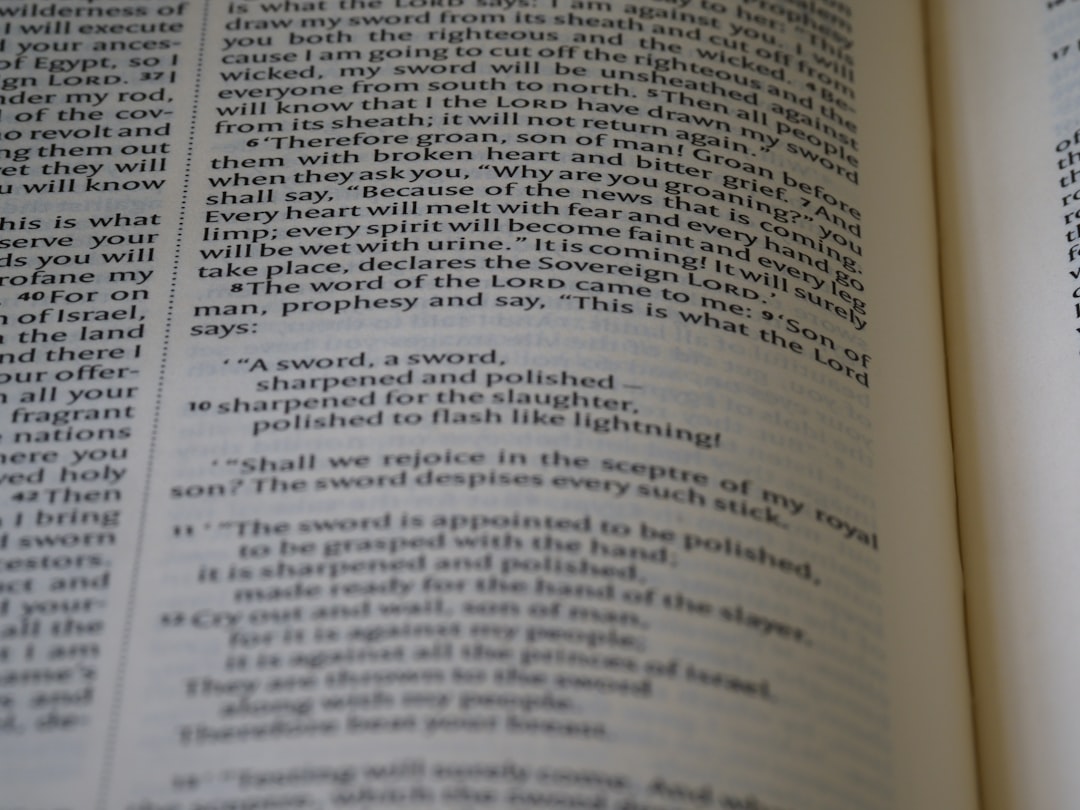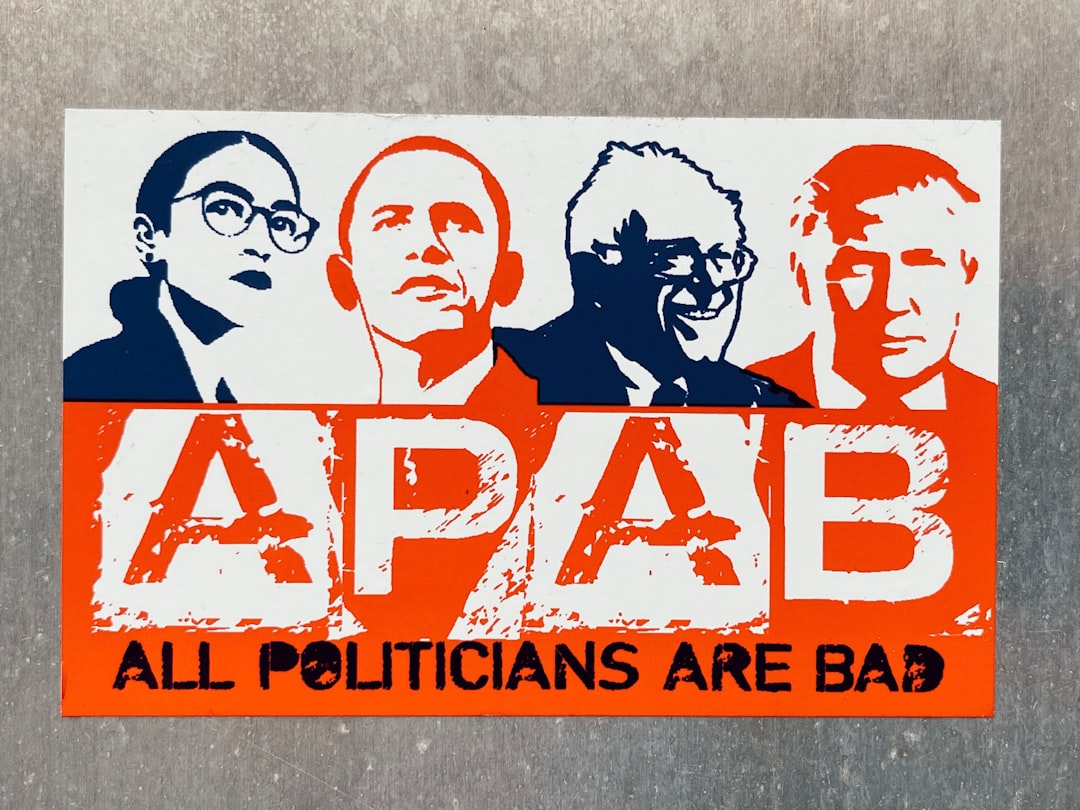Trump's Economic War Power Faces Ultimate Test Before His Own Justices

Washington is bracing for a legal firestorm this week as the U.S. Supreme Court prepares to hear a case that could either dismantle or cement one of Donald Trump's most controversial presidential powers. The very foundation of his 'America First' economic strategy—the authority to wage trade wars with sweeping tariffs—is now on the line.
On November 5, the nation's highest court will hear oral arguments in a landmark consolidated case, combining Learning Resources Inc. v. Trump and Trump v. V.O.S. Selections Inc. At the heart of the dispute is the President's use of the International Emergency Economic Powers Act (IEEPA), a law Trump controversially wielded to impose billions of dollars in tariffs, fundamentally reshaping global trade dynamics during his term. This legal challenge questions the very limits of that executive authority.
All eyes will be on the nine justices, particularly the three appointed by Trump himself. The Court currently holds a formidable 6-3 conservative supermajority, a bench that has frequently sided with the Trump administration on hot-button issues from immigration to federal agency authority. This history has led many to speculate whether the former president's appointees will now protect the very executive powers he expanded, creating a moment of high political drama.
The showdown comes at a time of intense public scrutiny. A recent Gallup poll revealed that a record-breaking 40% of Americans now believe the Court is 'too conservative,' raising questions about its perceived impartiality. However, the outcome is far from certain. Despite its partisan reputation, the Court demonstrated surprising unity last term, delivering unanimous rulings in an impressive 42% of its cases. This unpredictability adds a thick layer of suspense to the upcoming proceedings, suggesting that ideological lines may not be so clearly drawn when it comes to the limits of presidential power.
The decision, expected in the coming months, will have seismic implications. A ruling against the government could severely curtail the ability of future presidents to use the IEEPA for broad economic purposes, while a victory for the Trump-era policy would solidify a powerful and contentious tool in the executive arsenal. As the arguments begin, the nation waits to see if the Supreme Court will rein in or unleash a president's power to wage economic war.


